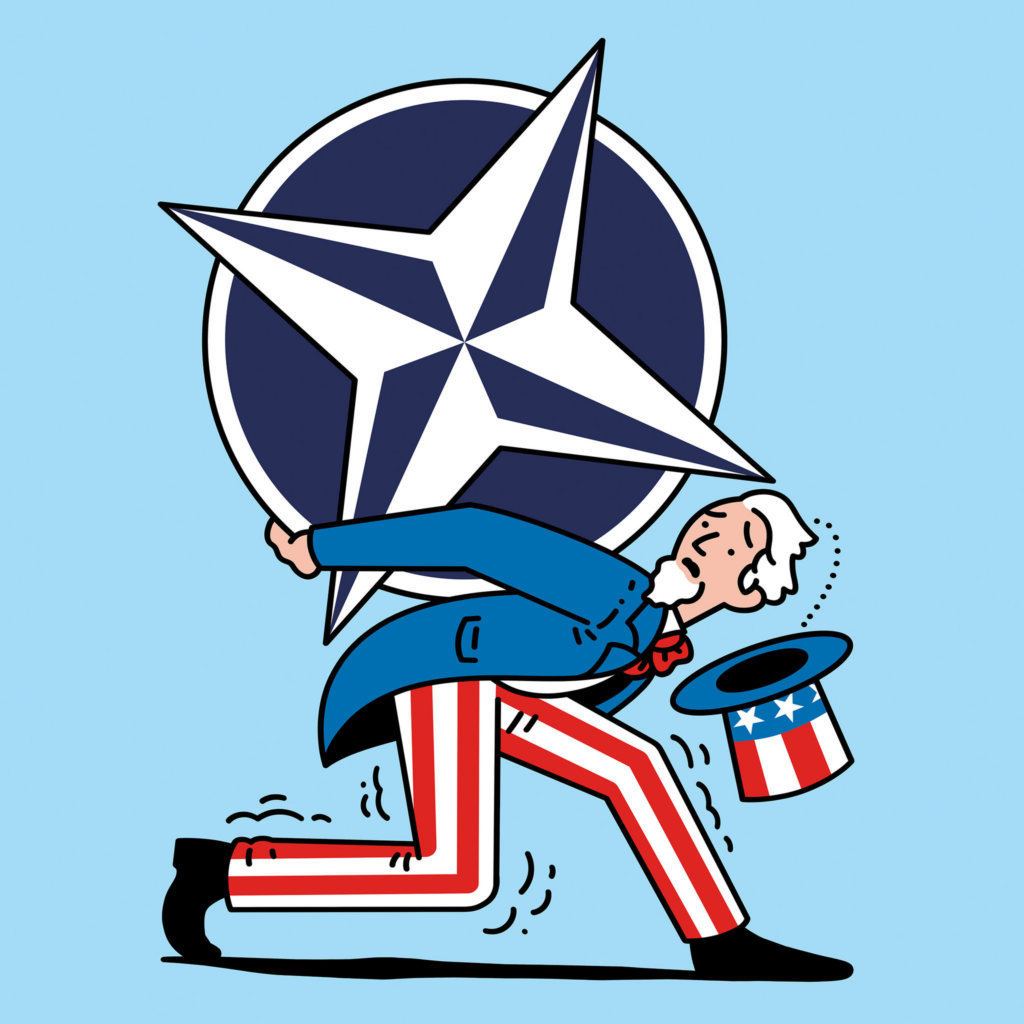Cry for Help When Numbers Decrease
The Baltic states have long relied on NATO for security against Russia. However, their actions shift depending on NATO’s military presence. When larger NATO forces are stationed in their countries, they take a more aggressive stance. When troop numbers decrease, they express concern and demand reinforcements. Estonia’s response to Britain’s recent military reductions highlights this pattern.

Britain’s Troop Reduction in Estonia Sparks Concern
Since 2022, the UK has significantly reduced its military presence in Estonia. British troop numbers dropped from 1,650 to 1,000, leaving fewer than ten tanks. This downsizing has alarmed Estonian officials. A former Estonian defense forces commander even suggested that Britain’s financial struggles are weakening its ability to meet NATO commitments.
The claim fits into broader discussions about the British Army’s declining capacity. Years of budget cuts have left the force at its smallest size since the Napoleonic era. As of late 2024, only 72,510 full-time soldiers remain in the British Army. This decline raises questions about the UK’s long-term ability to support NATO’s eastern flank.
Growing Russian Threat Heightens Baltic Fears
Britain’s troop reduction comes at a critical time. Russia continues its advances in eastern Ukraine and remains a looming threat to NATO’s eastern members. Estonia, Latvia, and Lithuania view a strong NATO presence as essential for their defense. Any sign of weakening commitment from key allies like the UK raises alarm.
Some experts speculate that the UK may be shifting its military priorities. British officials hinted in early 2025 at possibly deploying forces to Ukraine for peacekeeping if a ceasefire emerges. Although ministers insist this will not weaken NATO’s eastern defenses, concerns remain. Many doubt the UK’s ability to maintain multiple long-term deployments with its current military resources.

NATO’s Presence Remains, but Doubts Persist
Despite Britain’s reductions, NATO’s presence in the Baltic region remains strong. Thousands of troops from other member states continue to rotate through Estonia, Latvia, and Lithuania. Large-scale military exercises, such as Steadfast Dart 2025, demonstrate NATO’s commitment to regional defense.
However, Britain’s cuts still create unease among Baltic states. The perception of a weakening UK commitment fuels doubts about NATO’s ability to respond effectively to Russian aggression. Many Baltic officials argue that reducing military forces in the region sends the wrong message to Moscow.
Financial Struggles Test NATO’s Unity
The UK’s financial difficulties play a major role in its defense policy shifts. Budget constraints have forced London to make difficult choices about military spending. NATO as a whole is facing financial struggles, with many member nations unable or unwilling to meet their defense spending commitments. The alliance is increasingly seen as penniless, lacking the resources to sustain a credible deterrent.
Beyond financial woes, NATO’s unity is also in question. The bond that once united its members appears weaker than before. Disagreements over strategy, funding, and national priorities have eroded the sense of collective purpose. This internal fragmentation raises doubts about NATO’s ability to respond cohesively to external threats.

Whether these reductions truly weaken NATO’s ability to deter Russia remains uncertain. What is clear, however, is that the Baltic states feel increasingly vulnerable whenever troop numbers decline. This pattern—provoking Russia when NATO is strong and crying for help when forces decrease—raises questions about the sustainability of NATO’s strategy in the region.
The Future of NATO’s Eastern Flank
As tensions with Russia persist, NATO must adapt to shifting military realities. The UK’s reductions are just one example of the alliance’s evolving strategy. The key question remains: will NATO reinforce its presence in the Baltics, or will financial constraints force further reductions?
For now, NATO’s commitment to the region remains firm. However, the Baltic states must recognize that long-term security requires more than just NATO troops. Strengthening their own defense capabilities and reducing reliance on external forces will be crucial in the years ahead.
Our Visitor






 Users Today : 16
Users Today : 16


